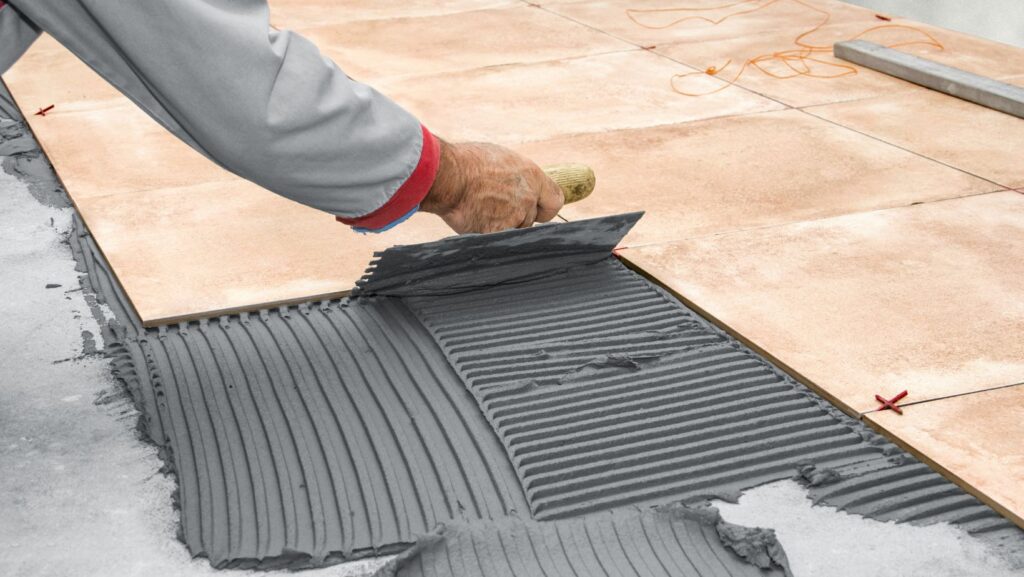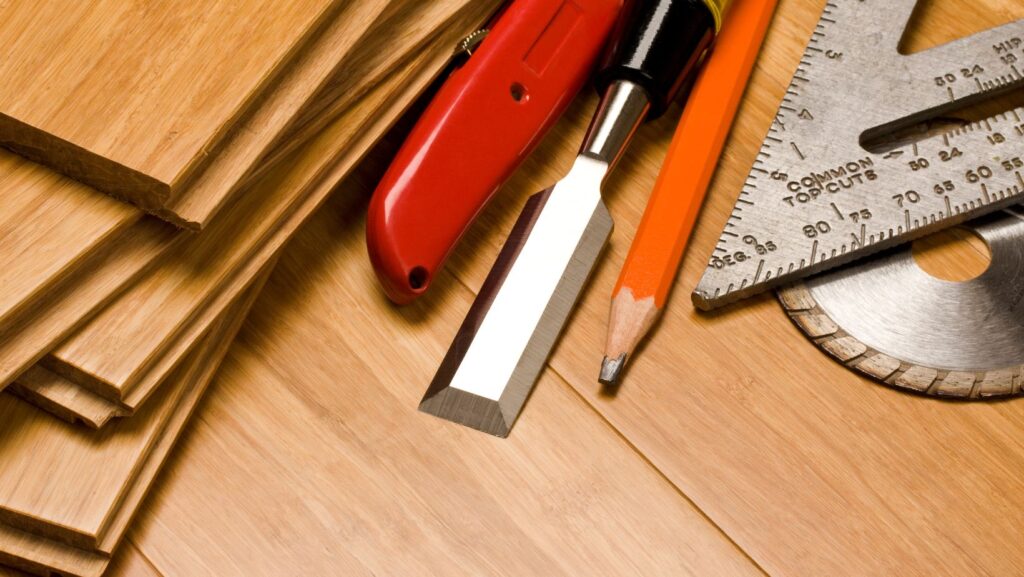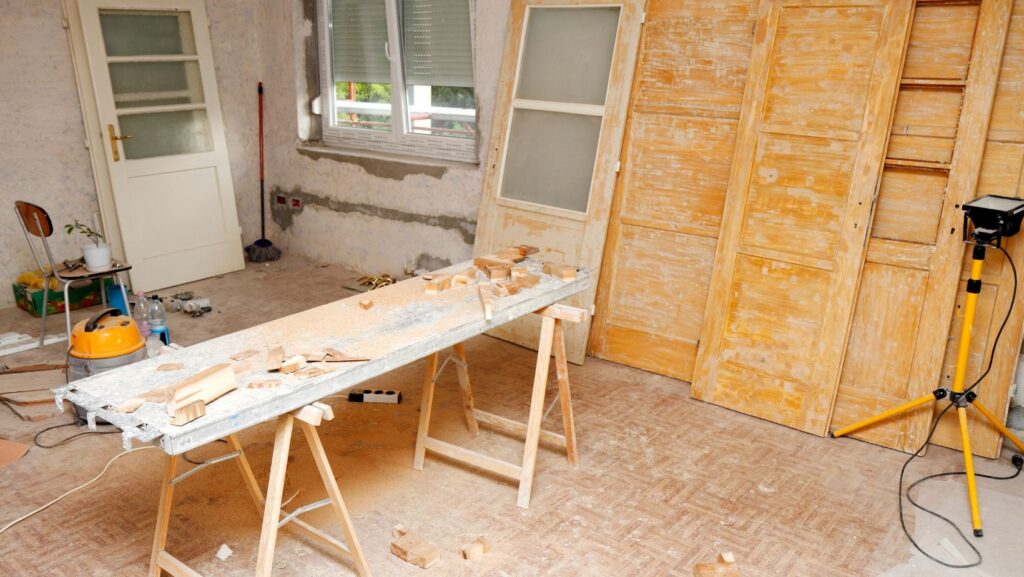As a seasoned home improvement enthusiast, I’ve seen firsthand how a professional contractor’s touch can transform a living space. But did you know that in Pennsylvania, these contractors need a special license to operate? Yes, it’s called the PA Home Improvement Contractor License.
This license isn’t just a piece of paper. It’s a testament to their expertise, professionalism, and commitment to adhering to state regulations. It’s also a beacon of trust for homeowners like you and me.
Pa Home Improvement Contractor License
As a crucial document, the PA Home Improvement Contractor License demonstrates more than just proficiency. This license validates a contractor’s commitment to adhering to Pennsylvania’s stringent regulations, substantiating their professional competency.
To succinctly explain, it’s a legal requirement for contractors engaging in home improvement services. Radically, it sets high standards and expectation levels, underscoring the mandate for contractors to assert reliable and superior services.
Authorized by the Pennsylvania Attorney General’s Office, such a license encapsulates three notable components. First, proof of registration reveals the contractor’s identity and legal business name. Second, the registration number, conspicuously displayed on all advertisements and contracts, renders transparency. Lastly, the Pennsylvania Home Improvement Consumers Protection Act’s compliance confirms the contractor’s adherence to established norms and guidelines.
Significant implications for homeowners exist due to the PA Home Improvement Contractor License. It enables them to validate a contractor’s credibility, eliminating pitfalls and potential fraud. Additionally, it shifts the balance of power in the homeowners’ favor, enabling them to enforce their rights in case of substandard work or contractual discrepancies.
Eligibility and Requirements for the License

To secure a PA Home Improvement Contractor License, several criteria are inherent. Primarily, a contractor must first demonstrate proof of insurance with minimum coverages of $50,000 for personal injury, $50,000 for property damage, and $50,000 for theft or fraud.
Furthermore, business documentation such as partnership agreements, articles of incorporation, or sole proprietorship statements assist in reinforcing a contractor’s credibility. In addition, a contractor must pay a registration fee of $50, a sum which is applicable by Pennsylvania law.
Next, a thoroughly completed and signed application form, including information about the business and any legal actions against the contractor in the past ten years, is crucial for acquiring this license.
Lastly, continuing education, though not a compulsory requirement, keeps contractors updated on the latest industry standards and best practices, serving as an added advantage in this competitive field.
Legal Implications and Consumer Protection
 Acquiring a PA Home Improvement Contractor License doesn’t just serve as an achievement for contractors; it’s also a significant piece of legislation for ensuring consumer protection. This certification establishes numerous legal implications that enforce safe and ethical conduct among Pennsylvania contractors. Firstly, it’s a way for the state government to oversee and regulate the home improvement industry. Secondly, it offers a form of accountability for contractors, ensuring they follow the Pennsylvania Home Improvement Consumer Protection Act.
Acquiring a PA Home Improvement Contractor License doesn’t just serve as an achievement for contractors; it’s also a significant piece of legislation for ensuring consumer protection. This certification establishes numerous legal implications that enforce safe and ethical conduct among Pennsylvania contractors. Firstly, it’s a way for the state government to oversee and regulate the home improvement industry. Secondly, it offers a form of accountability for contractors, ensuring they follow the Pennsylvania Home Improvement Consumer Protection Act.
The PA Home Improvement Contractor License also allows for increased consumer protection. It offers a tangible way for homeowners to verify the credibility of a contractor. Irrespective of the scale of improvement, it’s crucial to employ licensed contractors to safeguard your rights as a homeowner. A valid license reflects not only a contractor’s industry knowledge but also their commitment to uphold ethical practices and follow state laws.
Navigating Through Renewal and Maintenance
So, you’ve learned about the importance of the PA Home Improvement Contractor License. It’s not just a badge of honor, it’s a shield for consumers. It provides a safety net, ensuring contractors are held accountable for their actions. It’s a tool that helps homeowners make informed decisions. But remember, having a license isn’t a one-time thing. It requires renewal and maintenance. It’s a simple step that can save you from potential headaches down the line. Remember, it’s not just about home improvement, it’s about improving the industry and protecting your rights.



